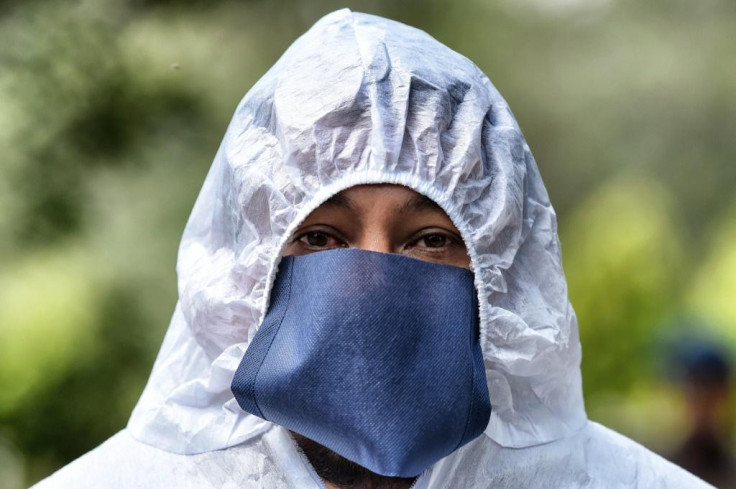Google search data suggests second wave of US COVID-19 infections might be imminent
While some countries have successfully addressed the health crisis, others appear ill-equipped to prevent its spread.
It was only recently when governments around the world started to lift travel restrictions and some precautionary measures against COVID-19. Most justify the decision as an effort to stimulate the economy, which was evidently devastated by the pandemic. However, it appears to be against the recommendations issued by medical experts. Without treatments or vaccines in place, it was only a matter of time before another outbreak would surface. As such, data pulled from Google's servers suggest that the second wave of SARS-CoV-2 infections might be at hand.
While some countries have successfully addressed the health crisis, others appear ill-equipped to prevent its spread. The lack of testing, resources, manpower, medication, and facilities to handle diagnosed cases might be the biggest factors contributing to increased transmissions. On the other hand, another likely reason is the sheer disregard of individuals to follow safety directives. Currently, 7.27 million cases have been recorded worldwide. What's alarming is that 2.06 million are from the United States alone.
Hence, medical experts are concerned as to why lockdowns have been eased in the country despite no clear evidence that the infection rates have gone down. Moreover, the nationwide protests against racial injustice following the death of George Floyd in police custody may have contributed to even more transmissions. Images and videos of these rallies clearly show the absence of social distancing and lack of personal protective equipment such as face shields or surgical masks.
According to a new article published by the Independent, Google search trends show an upsurge of queries about "COVID-19 testing near me" and "COVID-19 symptoms" in recent days. An in-depth look into the report also indicates which states these searches originated from. Based on Google's now-defunct "nowcast" feature, machine learning and advanced algorithms can be used to forecast disease patterns.

Nevertheless, it was scrapped by the internet search company in 2015 due to some unreliable results a few years back. While several biotech groups have already announced promising results from their respective clinical trials, more testing is required before regulators clear the drugs for use against COVID-19. In fact, experts believe that an effective vaccine or treatment might not be available until 2021.
© Copyright IBTimes 2025. All rights reserved.





















